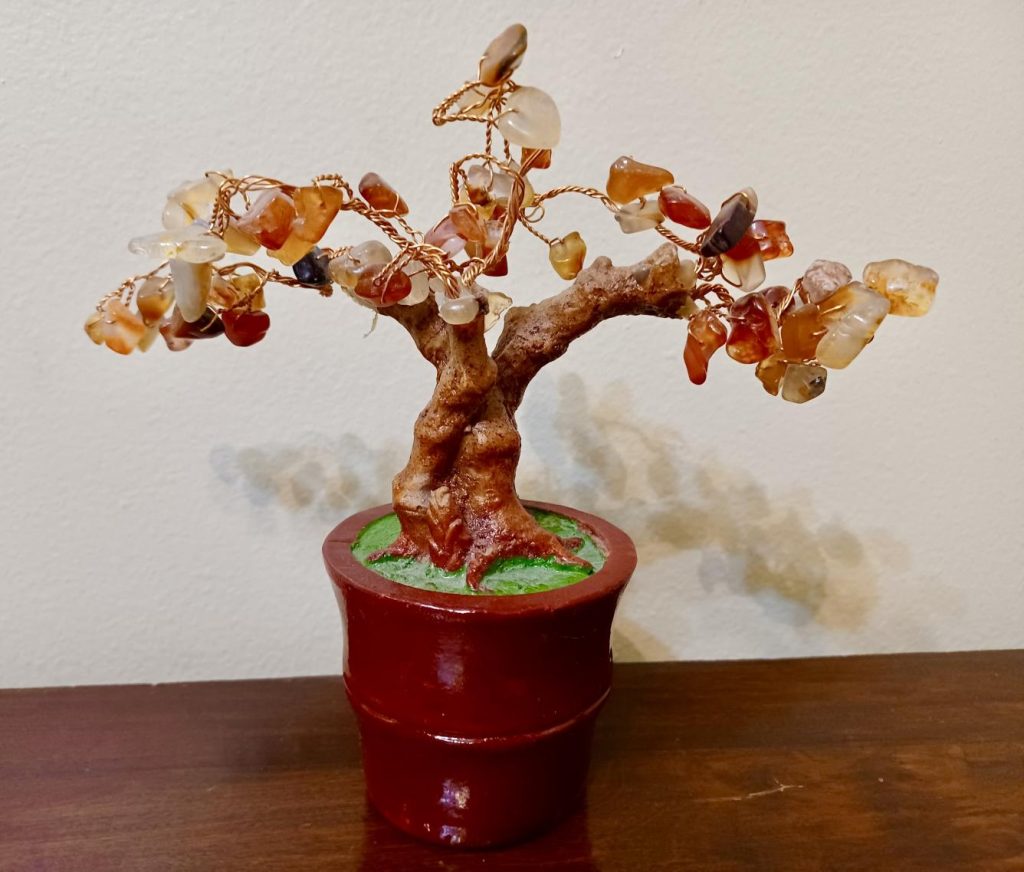By Magdalena Nitchi
Please note: This review may contain spoilers for Iron Widow, I recommend reading the book before reading this review. For a shorter review, check out my piece from Catch of the Month.
Xiran Jay Zhao is my favourite new author of 2021. Their debut novel Iron Widow was entrancing from start to finish, and I fell in love with Zhao’s characters. This book combines science-fiction and fantasy, telling the story of a far-future Chinese society battling an alien invasion. Wu Zetian, the protagonist, is based on the only female empress in Chinese history, although her life is radically different from that of her historical counterpart.
The characters and the plot are all built on the strong foundation of Zhao’s fabulous worldbuilding. For anime aficionados, the inspiration is clear. I love that the piloting of the mech suits—called Chrysalises—is reliant on the psychological state of the pilots. This element allows a direct connection between the emotions at the heart of Zetian’s story and her own iron will, making the action scenes even more intense. The idea of female pilots being forced to battle against the “mind realm” of the male pilots to avoid dying is very compelling. In every battle scene, I held my breath, desperately hoping that Zetian would be able to survive both the oncoming enemies and the man sitting in the cockpit with her.
The way in which Zetian’s society raises the Chrysalis pilots up as military and state-sanctioned celebrities is also fascinating. Certain aspects of the system—such as the government using a marriage proposal to Zetian as a publicity stunt—reminded me of a similar plot point in The Hunger Games. A layer of darkness is added to the story, as Zetian is being used as another cog in the military complex’s marketing machine. Even as she fights for revolution, the system which is trying to control her uses her to lure other girls in, who may be more submissive and respectful of the rules.

Zetian’s strong will shines through from the first chapter, and it is impossible not to respect her. While her anger and despair can be overwhelming at times, her feelings are justified: Zetian has been treated as lesser from a young age purely on the basis of her gender. So it is only natural for her to react with hostility to her family—and by extent, a society—that hates and devalues her.
Her relentless determination to assassinate the male pilot who killed her sister could be considered cold, but Zetian is not only striving to benefit herself, but to improve the life of every “leftover” girl like her by destabilizing the rigid pilot system. While compassion is an important part of feminism, Zetian shows that sometimes being a voice of opposition against unfair values is more important than sparing her conservative family’s feelings. Zhao’s writing constructs an exquisite balance for Zetian’s character arc by providing consequences for her rash words and depicting her personal introspection. Some of her actions may be regrettable, but her integrity is clear: she stands by her critiques of society and those around her, no matter what.
Zetian’s struggle becomes even more relatable because of her physical disability. As with many Chinese women throughout history, Zetian had her feet bound from a young age. Hence, Zetian is unable to walk without a cane and has had to deal with chronic pain throughout her life. The first passage in which she pilots a Chrysalis and does not feel pain as she walks, is incredibly moving. I felt as if I were in the cockpit with her, tasting true freedom for the first time.

Zetian is flanked by two amazing men, Gao Yizhi and Li Shimin. While they initially seem to have distinct roles—the rich playboy and the bad boy, who must battle for Zetian’s heart—they are in fact both very supportive and loving.
Yizhi is fabulously rich and could have any woman he wants, yet he is incredibly devoted to Zetian. Even when she initially rejects him romantically, he vows to stay by her side and support her as a friend. He uses his finances, connections, and intelligence to help Zetian when she is recruited as a pilot. Shimin is a convicted murderer, but he treats Zetian with nothing but kindness, even through her ruthless insults of his character. He is also intelligent and passionate about literature, which endeared me to him right away.
Zhao’s characters subvert one of the linchpin tropes of YA fiction: the love triangle. Instead of Zetian being forced to pick between the two boys, they agree, for Zetian’s sake, to be in a polyamorous relationship with her. Although it surprised me at first, this step felt completely natural. Zetian is fiercely independent, and this arrangement means that she is in full control of her body. She does not “belong” to one of them, and each of the boys compliments Zetian’s personality in different ways. While it takes a while for their bond to develop, I also greatly enjoyed the queer relationship between Shimin and Yizhi. Not only do they support Zetian, but they are there for each other as well. This polyamorous triad was the best ending possible, and the final strength of their bond was apparent.
This outcome upends the traditional heterosexual expectations of Zetian’s society, as well as our own. Polyamory is still largely frowned upon in North America, especially in the YA genre. Zhao’s marvellous handling of the topic is quite refreshing.
I cannot recommend this novel enough. Like all good science-fiction, Iron Widow goes much beyond the plot, eliciting empathy and connecting the reader emotionally with the characters. Zhao is an exciting new talent that I will keep on my radar for the coming years.

1 Comment